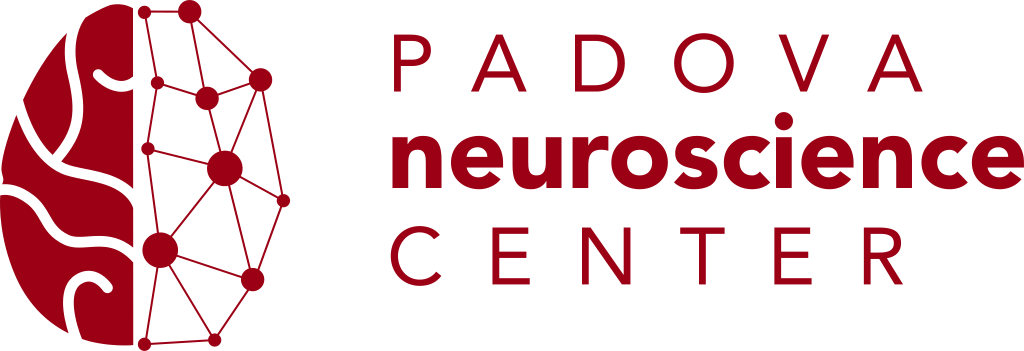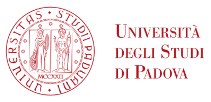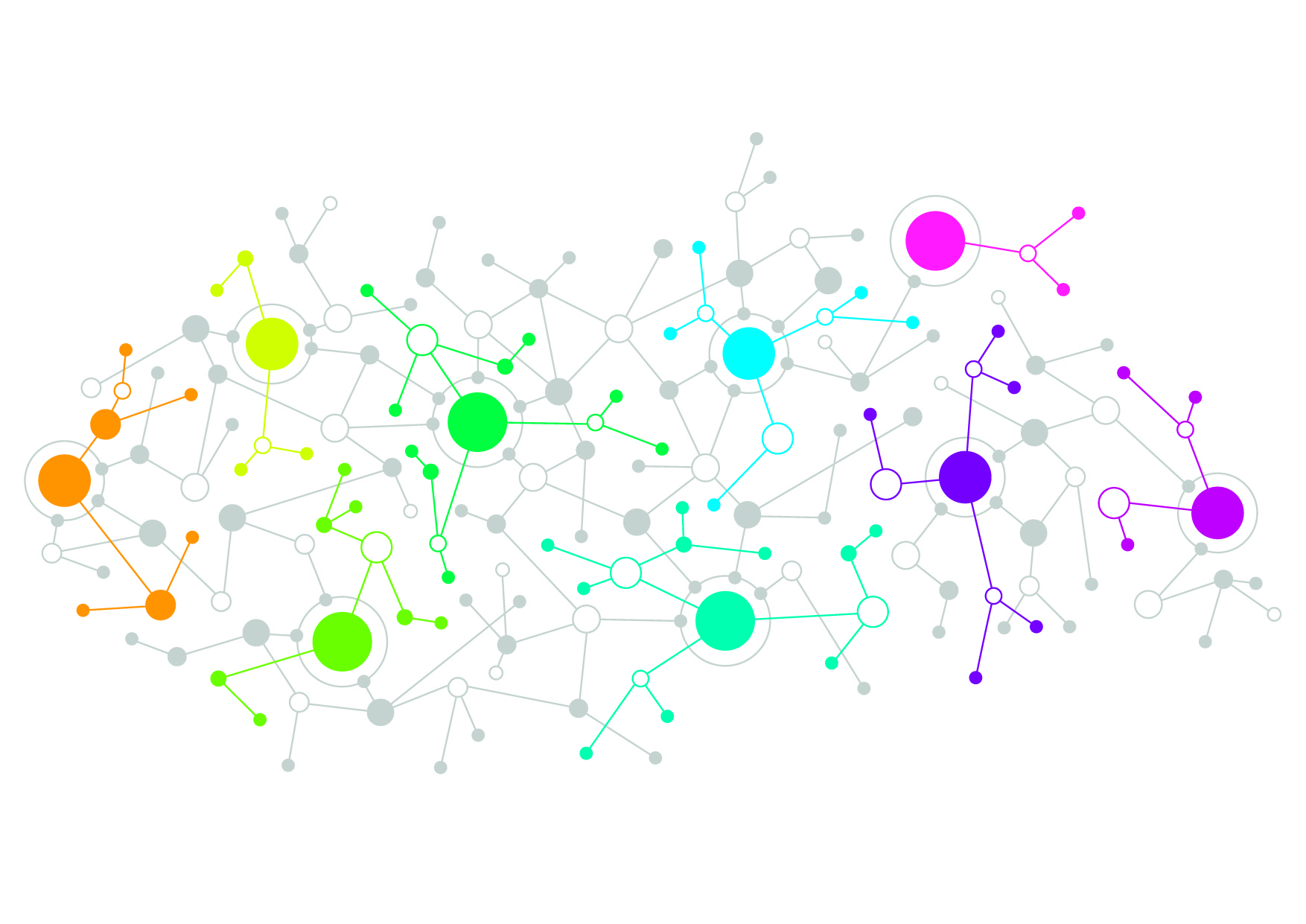Title of the Project
“Acquisizione e analisi di un connettoma multicentrico e multimodale in soggetti sani” (in English: “Acquisition and analysis of a comprehensive multicentre and multimodal connectome in healthy controls”), Research Supervisor Prof. Alessandra Bertoldo
Purpose of the Research Grant
The purpose of this Research Grant, which is funded by the European Union in the framework of the Horizon Europe project “EBRAINS 2.0: A Research Infrastructure to Advance Neuroscience and Brain Health”, Principal Investigator Prof. Maurizio Corbetta, is to grant research into:
The project involves the generation of foundational normative atlas by acquiring advanced imaging data from a large, diverse multicentric healthy cohort. The dataset will include structural MRI, resting state fMRI, multi-shell DWI, high-density EEG, and dynamic 18F-FDG PET, providing comprehensive insights into brain anatomy, functional connectivity, white matter fiber orientations, neural electrical activity, and glucose metabolism. The acquired data will be employed to extract relevant imaging features, covering structural, functional, connectivity, activity, and metabolic aspects of the brain. Three main extraction approaches will be used: voxel-based, region-based, and connectivity-based features. Rigorous validation and quality assurance procedures will ensure the accuracy and reliability of the features. Once validated, the curated imaging features will be made available on an open-access platform to promote collaboration and advance understanding of brain function and neurological disorders.
Activity: The research fellow will share, with the other research fellows hired in Padova for the same EU project, the responsibilities for the acquisition, anonymization, pre-processing, processing, and integration of neuroimages and HD-EEG signals acquired simultaneously on the Biograph mMR Siemens hybrid system. Curation of the cognitive tests and clinical features will be also part of her/his shared activities. She/He will work and collaborate on the quantification of [18F]FDG PET as well as on the derivation of connectomics features from MR images and EEG signals. He/She will also actively collaborate in close interaction with external collaborators, including neurologists, neuroscientists, and physicists.
Profile: The ideal candidate should have experience in neuroimaging analysis and, preferable, a background in bioengineering, and/or applied mathematics/physics, and/or statistics, and/or computer science, and/or neuroscience and related fields. He/she must have demonstrated experience in advanced analytic techniques (e.g. multivariate approaches, machine learning, graph theory etc.). Strong analytical/mathematical skills are a requirement. Experience in one or more areas of neuroimaging will be plus. Programming and scripting skills (Python, Matlab, Bash) are not a prerequisite, but a clear advantage. It is required the knowledge of the following softwares: FSL, ANTs, MRtrix3, Nilearn, MNE-python, FieldTrip. Moreover, the candidate must be highly motivated and creative individual with the ability to work in a dynamic, multi-disciplinary research environment and be willing to interact with both experimental and theoretical neuroscientists.
Deadline for submitting applications
10 July April 2024 at 1:00 pm CEST
Guidelines for Submitting Applications


